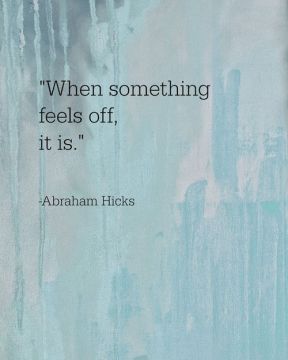This post originally appeared on MINDFULNEXT.
“How toxic is your work environment?”
Between a quiz in the New York Times or the many(!) articles found on the subject in Fast Company, Forbes, Monster or LifeHacker, you’d think there’s an epidemic going on.
It’s a disease that the social good sector suffers from too.
 I won’t bore you with the “7 signs” to look out for or ways to cope or “stay sane” in the midst of bullying or dysfunctional leaders, unfairness, low morale, drama, unrealistic work expectations, or immoral activities – all with which I know many of us have struggled.
I won’t bore you with the “7 signs” to look out for or ways to cope or “stay sane” in the midst of bullying or dysfunctional leaders, unfairness, low morale, drama, unrealistic work expectations, or immoral activities – all with which I know many of us have struggled.
There’s no such thing as the perfect workplace, or job, or team, or organization. But in the social good sector, this is often a massive disappointment since at one time we were idealists, after all. Or else we would have never found ourselves here in the first place. But when we find ourselves battling with internal politics and pressures, rather than focusing on fixing the problems of a society and people harmed by unfettered capitalist extraction and consumerism, racism, militarism, sexism, we wonder if the reasons we once joined the fight still hold.
For some of us, this quandary is acutely painful. Rather than fighting poverty or injustice, we have to fight just to save our souls from the burdens of organizational life and toxic situations.
Toxic workplaces in the nonprofit, international aid, philanthropy, and social enterprise sectors have more implications, however, than just on the health and self-worth of individual employees. With relationships and partnerships at the core of what we are gathered to do, here are four ways that toxic workplaces bring down the entire business of “doing good”:
1) We squander resources.
What’s the biggest part of most nonprofit organizations’ budgets? Yep, people. When they’re not doing their best work, all our talk of “program results” can go out the window.
2) We gloss over power dynamics.
Best explained in the Barefoot Guide: “Power is held in relationships…without relationship power means little, it has no force, for bad or for good.” So if we define poverty as a lack of power, and our relationships are suffering, what chance do we have of addressing that?
3) Creativity can’t come from constant battle.
Poverty is a complex, intractable problem. Being under constant stress or threat means people are often focused on problem-solving and survival, crowding out needed room to generate good, new ideas.
4) We cannot live our values.
In our line of work, we make a slew of decisions every day that have ethical implications. It’s tough to bring integrity into these situations when everyone is in survival mode.
If you’re in a toxic work environment in the sector, you can either (a) go down with the ship, (b) reach for a life preserver and hang on for dear life, or (c) abandon ship and find a new one.
But in your heart of hearts, keep one truth alive: the seas don’t have to be so rough.
***
Related Posts
A pause (for when it all seems too much)
The only way to fight racism in our sector

Excellent article..